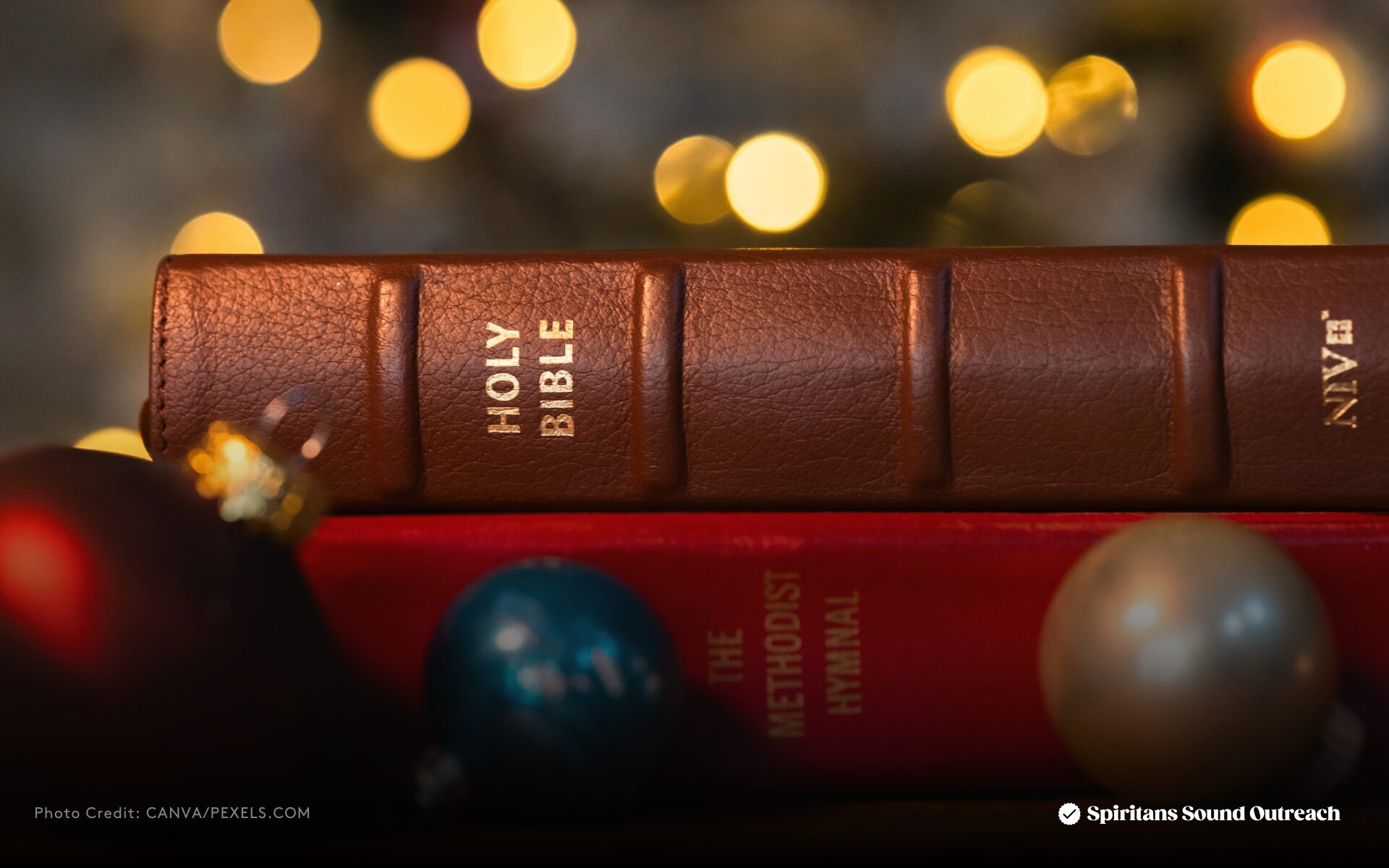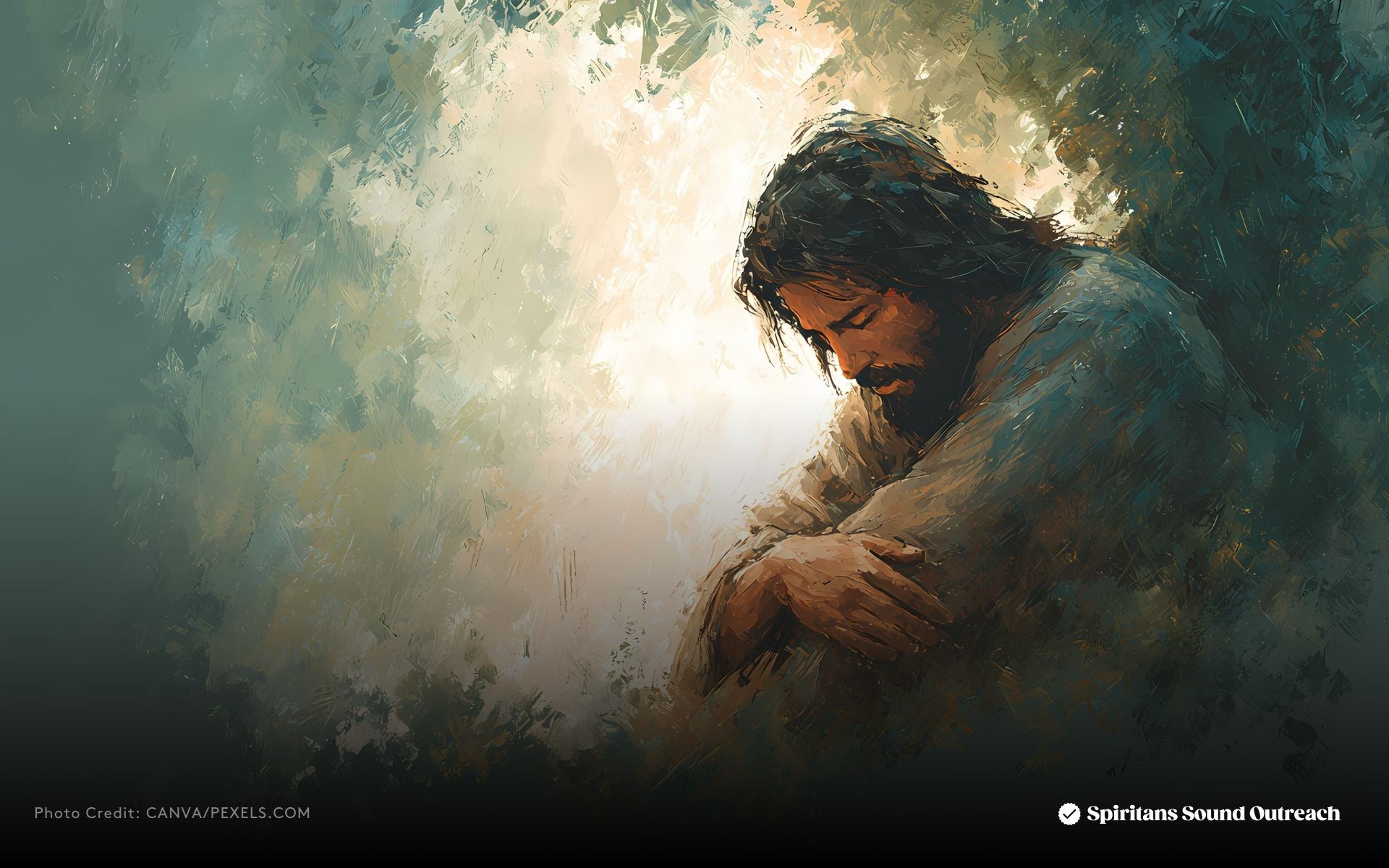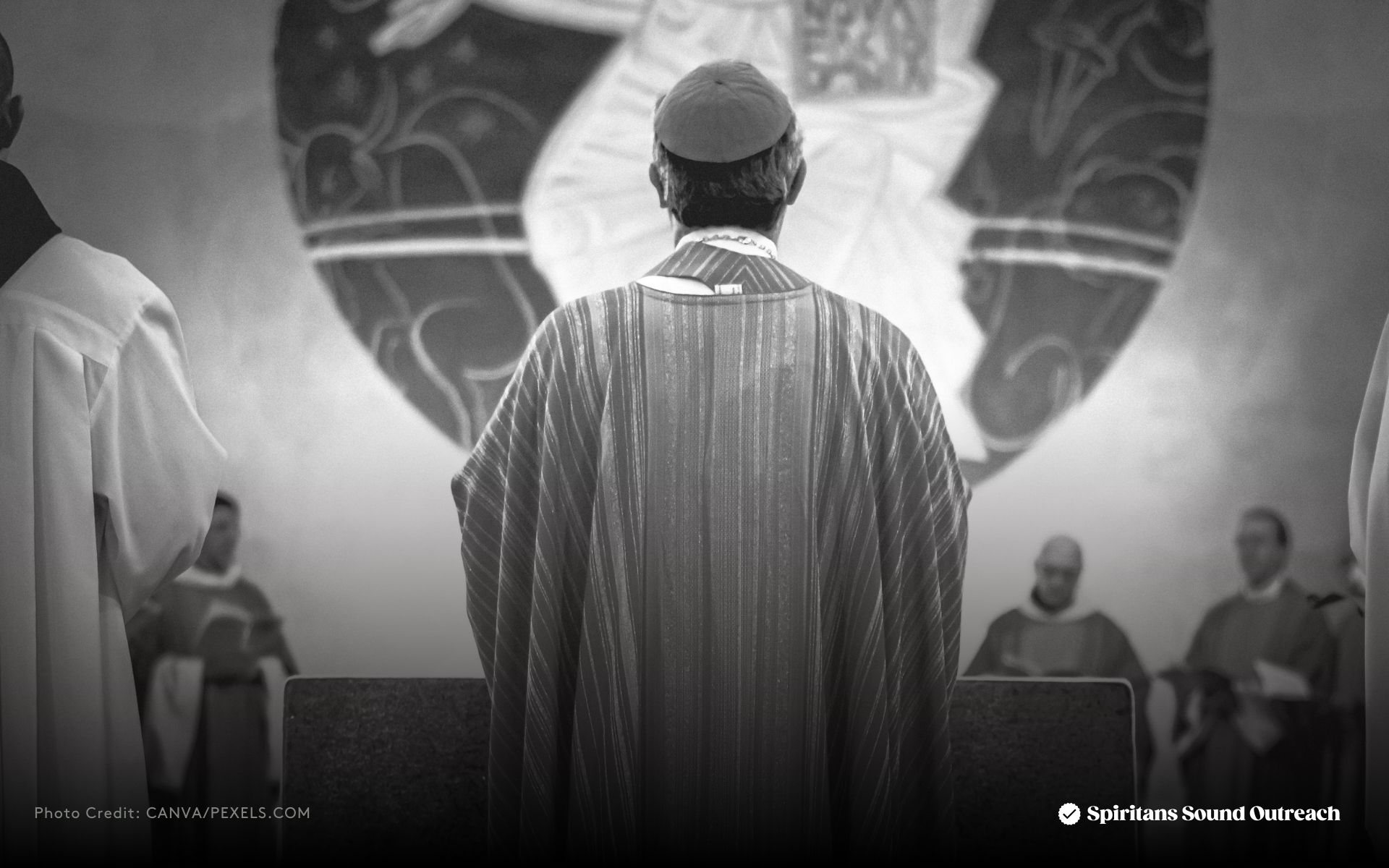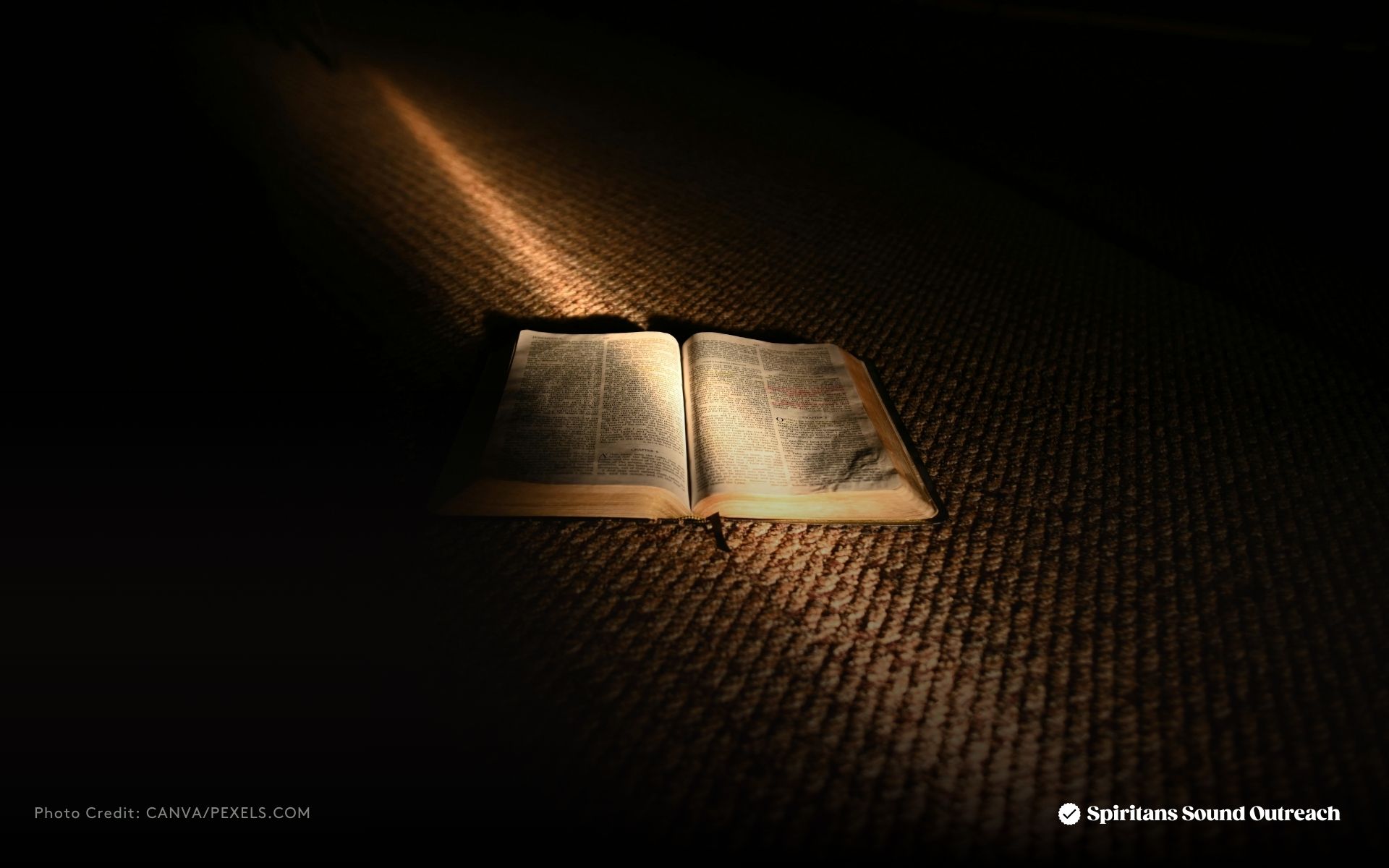Brethren, reflect for a moment on the paradox of power and weakness. Naaman was a man who commanded armies, yet he could not command his own body to be clean. He had conquered kingdoms, but he could not conquer the affliction that clung to his skin. And when the prophet Elisha instructed him to wash in the Jordan, his pride nearly robbed him of the very healing he sought. He expected something dramatic—some grand invocation, some mystical performance fitting of his status. Instead, he was told to do something so simple, so unspectacular, that he almost dismissed it entirely. And is that not the condition of man? We reject the simple truths in favor of the complicated. We dismiss the ordinary because it does not flatter our intelligence. We think that unless something is difficult, it cannot be valuable.
But the truth is not designed to accommodate our pride. It does not need to impress us. It simply is. And those who cannot humble themselves before it will never be transformed by it. Naaman was not healed by understanding the command but by obeying it. And herein lies one of the most difficult lessons of life: obedience precedes understanding. You do not always get to comprehend before you act. You do not always get to see the full picture before you step forward in faith. The miracle is on the other side of submission.
And then we come to the Gospel, where Jesus confronts the people of His own hometown. They could not accept Him because He was too familiar. They had built a box for the divine, and He did not fit in it. He tells them the hard truth—that God is not confined to their expectations, that His grace extends beyond their borders. And rather than accept this, they react with violence. They would rather throw Him off a cliff than admit they were wrong. They would rather destroy the truth than let it change them.
And so I ask you: how often have you done the same? How often have you rejected wisdom because it came from a source you did not expect? How often have you resisted change because it meant surrendering your assumptions? How often have you, like Naaman, walked away from what could heal you simply because it did not look the way you wanted?
We live in an age of pride—pride in intellect, pride in ideology, pride in self-sufficiency. We think we can define truth rather than discover it. We think we can control God rather than submit to Him. But the reality is unchanged: those who refuse humility will never find wisdom. Those who reject simple obedience will never experience deep transformation. The Jordan is still there. The call to surrender still stands. And the choice is still yours. Will you walk away in anger, clinging to your pride? Or will you humble yourself, step into the waters, and be made new? May God help us choose wisely. Amen.









